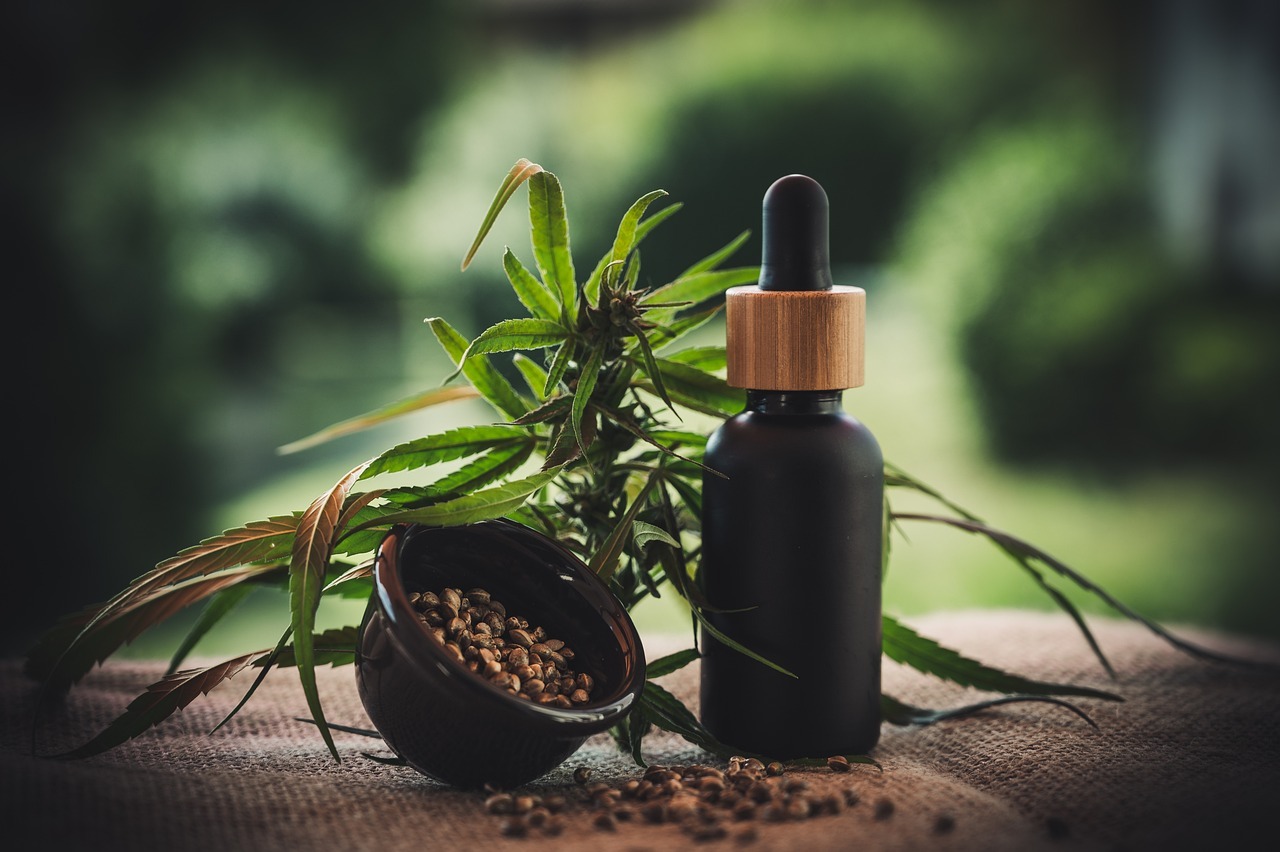There are over 100 naturally occurring cannabinoids present in the cannabis plant. Many of us have heard of the famous THC (tetrahydrocannabinol), the explosively growing popularity of CBD (cannabidiol), and some lesser known minor cannabinoids like CBN (cannabinol) and CBG (cannabigerol).
One such cannabinoid is HHC, or hexahydrocannabinol. While this particular compound has long been known to science, it wasn’t until recently that it started to gain awareness with cannabis users due to its many similarities to delta-9 THC.
Let’s take a closer look at HHC and its effects, potential medical uses, and legal status.
What is HHC?
Like other cannabinoids, HHC is found naturally in cannabis plants. However, unlike THC and CBD, HHC is found in such small amounts that it makes extracting the compound expensive and not economically viable.
Like delta-8 and delta-10 THC, synthetic or semi-synthetic HHC can be made in a lab by altering its molecular structure. Dr. Roger Adams from the University of Illinois was the first person to synthesize HHC in 1947 by adding hydrogen atoms to THC in a process called hydrogenation.
The chemical structure of delta-9 THC is modified by removing the double bond and replacing it with two hydrogen atoms. This process improves the compound’s stability, which results in HHC having a longer shelf life and is more resistant to UV light and heat damage.
Effects of HHC
The use of HHC is relatively new and only just starting to gain awareness. However, it is considered a psychoactive compound, which means it can produce a euphoric “high” similar to that of delta-9 THC.
Many users report that HHC is about 50% to 75% less potent than delta-9. This produces a calmer and more clear-headed high. Some have compared its effects to delta-8 THC, which also produces a mellower high compared to delta-9.
Like THC, HHC also can induce stress and anxiety reduction, altered perception of time, mental focus, and memory.
Read more: Cannabis safety: Keeping THC away from kids, seniors, and pets
Read more: Frequent cannabis consumption doesn’t demotivate people, study finds

Three dimensional diagram of the structure of hexahydrocannabinol. Via Wikimedia Commons/Mplanine
Potential medical uses
Many cannabinoids are now being studied and used for their potential wellness benefits, and HHC is no different. Because it is relatively new to the cannabis world, studies and scientific evidence is sorely lacking. However, early research points to several potential therapeutic benefits.
Pain Relief – HHC has analgesic properties, making it a potential treatment for chronic pain without the strong psychoactive effects of THC. Like other cannabinoids, HHC interacts with the CB1 and CB2 receptors in the endocannabinoid system (ECS), a complex network that modulates pain.
Anti-Inflammatory – The anti-inflammatory properties of HHC could help medical conditions like arthritis, inflammatory bowel disease, and heart disease, high blood pressure, and lupus.
Appetite Stimulation – Similar to THC, it can stimulate appetite in a phenomenon affectionately called the “munchies.” This is particularly helpful for patients undergoing chemotherapy or suffering from eating disorders.
Stress and Anxiety Reduction – HHC has shown some promising results in reducing stress and anxiety, promoting a feeling of calm and relaxation. This could benefit those with mental health conditions such as PTSD or depression.
Promoting Sleep – The cannabanoid has shown to have calming effects that promote a deeper, more restful sleep. This could help patients with sleep disorders such as insomnia.
Legal Status
The legal status of HHC is a little tricky and a bit of a gray area. It also varies widely by state and by country. In the U.S., it would be legal in the states that have legalized THC for recreational and medical use. In addition, the 2018 Farm Bill federally legalized cannabis products that contain less than 0.3% THC. An amount that small is unlikely to cause a high.
However, an upcoming amendment to the Farm Bill could change all that, as policymakers are now reconsidering the widespread legalization of hemp products that are largely unregulated. If passed, the amendment will effectively make all products containing THC like delta-8, delta-10, and HHC illegal, even if they are not psychoactive.
Vastly differing legalities surround THC, CBD and other cannabinoids like HHC worldwide. Always research before you buy any cannabinoid product online and have it shipped.














